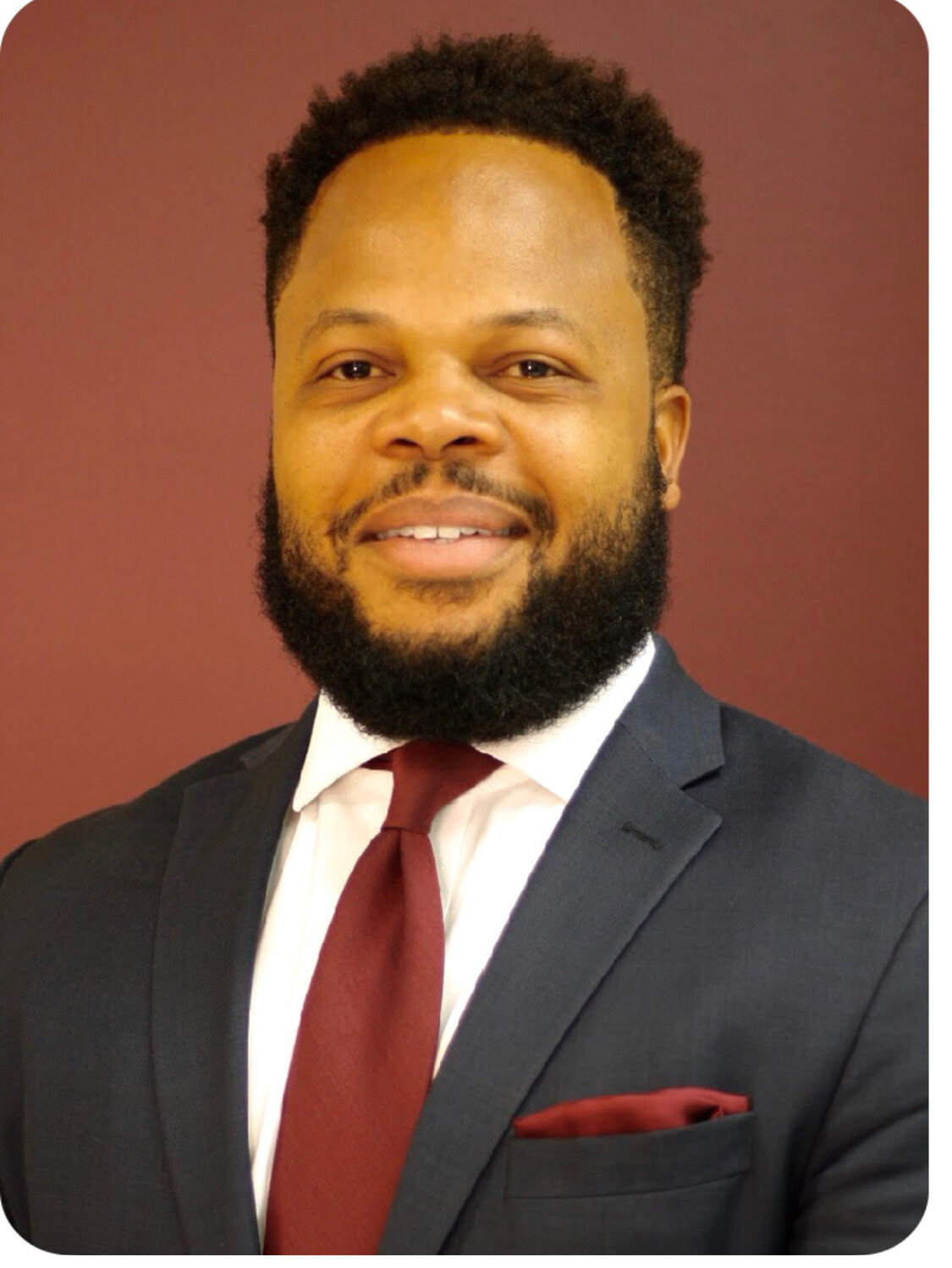Dear Community Foundation Fundholders,
I hope you and your family are safe and well. The past several months have been exceptionally challenging for our region—but the outpouring of support from our community continues to inspire me. Since the start of this crisis, our community has come together to commit nearly $8 million in support to help our neighbors in need—an incredible effort that would not be possible without the generosity and compassion of so many. Thank you for standing with us to support and strengthen our community.
At The Community Foundation, we remain focused on supporting our community’s evolving health and economic needs through the COVID-19 Emergency Response Fund. Last quarter, our work coordinating the region’s philanthropic response to this crisis included:
Reviewing over 1,300 proposals from nonprofits and small businesses requesting over $60 million in funding, and making investments totaling $6.7 million in local nonprofits working on the frontlines of our region’s COVID-19 response efforts.
Launching Get Shift Done DMV with Washington Nationals Philanthropies to help displaced hospitality workers earn an income while assisting local nonprofits with preparing meals/packaged food for families in need. So far, over 300 workers have clocked 8,452 cumulative hours to address food insecurity in our region.
Partnering with Events DC and the Executive Office of the Mayor to administer the $5 million DC Cares Program, providing emergency cash assistance to help DC workers excluded from federal stimulus efforts.
Partnering with the Montgomery County Council to launch the Montgomery County Food Security Fund to engage the public and private sectors around increasing food access and security for county residents struggling to feed their families.
Preparing to launch a $1 million small business grants program in Prince George’s County.
The global pandemic has exacerbated many pre-existing inequities and had a disproportionate impact on low-income workers, immigrants, and communities of color. As we prepare for what’s next, we are committed to advancing racial justice and building a more equitable future for our region by using our voice, influence, programs, and initiatives to help end racial disparities. Our goal is not to go back to the way things were before, but to work together to build a new normal and a more equitable future for our region. You can read about our vision in an opinion piece that I co-authored for the Washington Post.
One of the ways we are examining the possibilities is through our VoicesDMV community engagement initiative. In June, we released the findings from our Community Insights survey and launched a series of Social Justice Town Hall conversations that will run throughout the summer. In the fall, we plan to bring neighbors together for virtual community conversations and then fund microgrants to help transform ideas sparked during these conversations into action. You can learn more about VoicesDMV and read the report at VoicesDMV.org.
Finally, the changes and uncertainty brought on by COVID-19 have encouraged us to find more efficient ways to serve our donors and nonprofit partners. We have set up a bank lockbox collection system to ensure faster and more secure processing of your gifts made by check. You can now mail checks directly to PO Box 49010, Baltimore, MD 21297-4910. Our office address has not changed - this PO Box is only for mailing gifts made via check.
Thank you for your continued partnership in serving our community’s needs today, and in building a better tomorrow for the Greater Washington region.
Sincerely,
Tonia Wellons
President and CEO

















